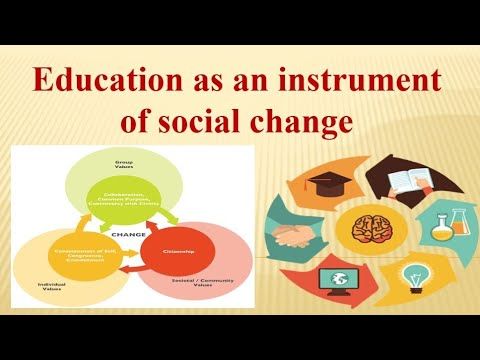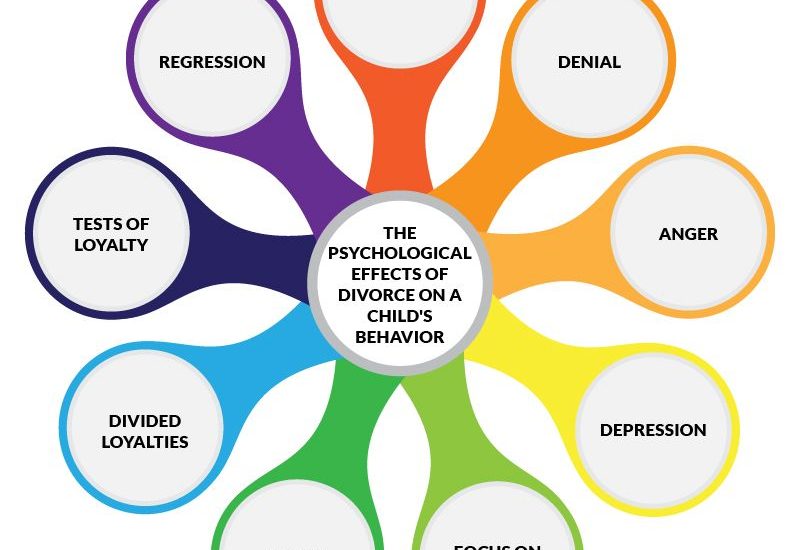How Education Policies Impact Social Change
In today’s fast-paced world, the role of education in fostering social change cannot be overstated. Education policies play a crucial role in shaping the future of society by influencing the quality of education provided to individuals. This article will explore how education policies impact social change and the importance of prioritizing education in creating a more equitable and just society.
The Role of Education Policies in Fostering Social Change
Education policies are the set of guidelines and regulations that govern the education system in a country or region. These policies determine what is taught in schools, how it is taught, and the resources allocated to education. By influencing these factors, education policies have a direct impact on social change.
One way education policies can foster social change is by promoting diversity and inclusion in schools. Policies that prioritize diversity in the curriculum, hiring practices, and student body can help create a more inclusive learning environment that reflects the diversity of society. This can help break down barriers and stereotypes, leading to a more tolerant and understanding society.
Additionally, education policies can impact social change by addressing inequalities in access to education. Policies that ensure equitable access to quality education for all individuals, regardless of their background or socio-economic status, can help level the playing field and create opportunities for marginalized groups. By investing in education for all, societies can empower individuals to reach their full potential and contribute to the common good.
The Importance of Prioritizing Education in Creating a More Equitable Society
Education is often referred to as the great equalizer, as it has the power to transform lives and break the cycle of poverty and inequality. By prioritizing education in policy-making, governments can create a more equitable society where every individual has the opportunity to succeed.
Investing in education is not only a moral imperative but also an economic necessity. Studies have shown that countries with higher levels of education tend to have higher levels of economic growth and development. By prioritizing education, governments can create a more skilled and productive workforce that can drive innovation and prosperity.
Furthermore, education plays a crucial role in promoting social mobility and reducing income inequality. By providing individuals with the knowledge and skills they need to succeed, education can open doors to new opportunities and help individuals break out of cycles of poverty and disadvantage. This can lead to a more equitable society where every individual has the chance to thrive.
Conclusion
In conclusion, education policies play a crucial role in shaping social change by influencing the quality of education provided to individuals. By promoting diversity and inclusion, addressing inequalities in access to education, and prioritizing education in policy-making, governments can create a more equitable and just society where every individual has the opportunity to succeed.
It is essential for policymakers to recognize the importance of education in fostering social change and prioritize investments in education to create a better future for all. By working together to prioritize education, we can create a more equitable and just society that empowers individuals to reach their full potential and contribute to the common good.


